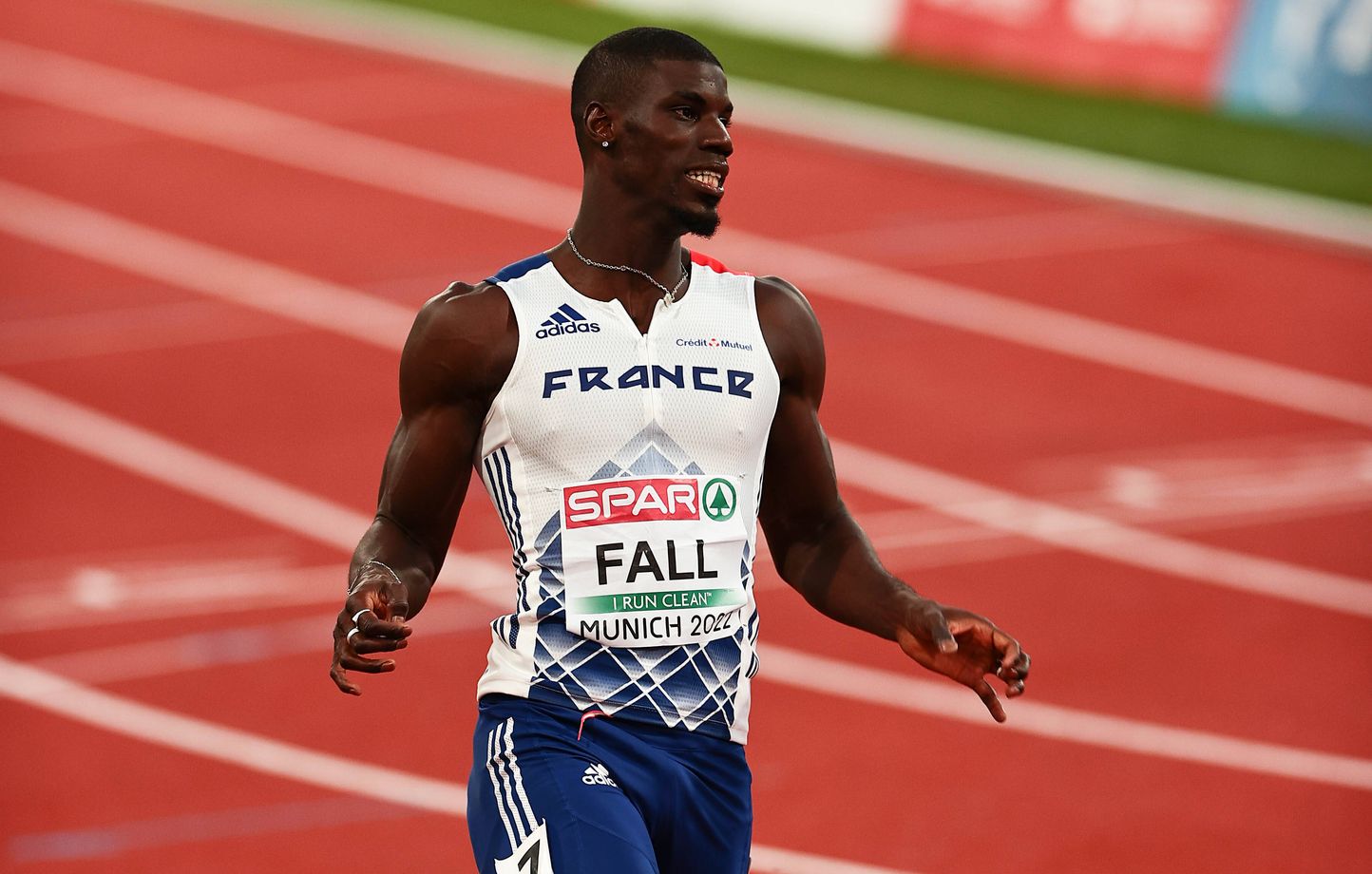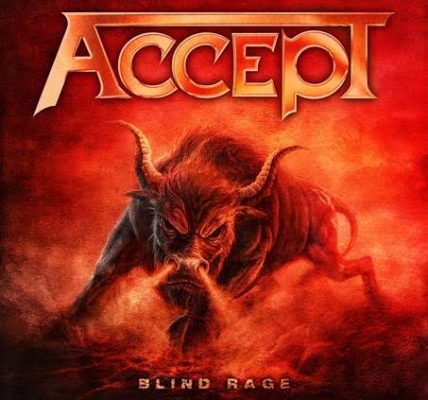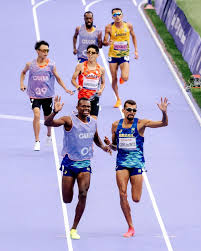Skip to content
Mouhamadou Fall



French sprinter Mouhamadou Fall has made headlines by joining the controversial new competition known as the Enhanced Games — a move that raises significant questions about the future of elite sport, anti-doping rules, and athlete welfare.
Background & Career Highlights
Fall has long been a prominent figure in French sprinting. He claimed multiple national titles in both the 100 m and 200 m events between 2019 and 2023. (L’Équipe)
His personal best over 100 m is 10.04 seconds (set in 2021) and he also competed on France’s 4×100 m relay team, including at the world-level. (L’Équipe)
However, his career has been clouded by doping rule breaches:
-
He tested positive for the stimulant heptaminol in July 2023, leading to a nine-month ban from April 2024 to January 2025. (Canadian Running Magazine)
-
He then committed multiple “whereabouts” failures (missed doping tests) leading to an 18-month suspension in September 2024. (Endurance Sportswire)
Several of his results from 2022, all of 2023 and 2024 have been disqualified. (Canadian Running Magazine)
Despite the suspension, his name has now surfaced in connection with the Enhanced Games.
The Enhanced Games Move
On 23 October 2025, the Enhanced Games announced that Fall would compete in their inaugural edition, set for 24 May 2026, in Las Vegas. (enhanced.com)
He is the first French athlete to sign up. (L’Équipe)
The key features of this competition:
-
It explicitly allows the use of performance-enhancing substances that are banned in conventional competitions. (Endurance Sportswire)
-
Large financial incentives: the prize purse is around US $500,000 per event, with US $250,000 for first place and a US $1 million bonus if the 100m world record is broken. (Canadian Running Magazine)
-
According to Fall’s statement, the attraction lies in competing “free from restrictions that stifle peak performance”. (enhanced.com)
The Controversy & Repercussions
Fall’s decision is significant for several reasons:
-
The national governing bodies in France — including the Agence française de lutte contre le dopage (AFLD), the French Ministry of Sports and the French Olympic Committee — issued a stern warning that any French athlete participating in the Enhanced Games could face further sanctions. (Connecticut Post)
-
The event itself is widely criticised: the World Anti‑Doping Agency (WADA) has described it as “dangerous and irresponsible” because it promotes competition under permissive doping rules. (Reuters)
-
From a reputational standpoint, Fall’s involvement may limit his ability to participate in conventional athletics competitions (e.g., those governed by World Athletics) in the future.
What It Means for Fall
For Fall, the move has several immediate implications:
-
He joins a roster of athletes effectively beyond the established system of anti-doping regulation and traditional athletics governance.
-
He may gain access to significant financial reward, media attention and perhaps the chance to race earlier than his conventional ban permits — the Enhanced Games allow him to compete before his current ban ends in July 2026. (Endurance Sportswire)
-
On the other hand, the decision might isolate him from established championships, national team selection, and may carry health and ethical concerns given the permissive doping stance of the competition.
Broader Implications for Sport
Fall’s signature highlights a tension in the world of elite sport: the clash between innovation/entertainment and the long-established anti-doping regime. Some considerations:
-
The Enhanced Games represent an alternative model of competition — one that rejects the prohibition of performance-enhancing substances, arguing that science, transparency and athlete choice should govern performance.
-
Critics warn it undermines the integrity of sport, poses health risks to athletes and could create a dangerous precedent. (For example, WADA’s concerns about athlete health are well documented.) (Reuters)
-
National bodies will face difficult enforcement decisions: e.g., whether participation automatically disqualifies athletes from “official” competitions, and how to enforce any further sanctions.
-
For athletes with prior doping or whereabouts breaches (like Fall), the Enhanced Games offer a “second track” — but come with trade-offs around recognition, legitimacy and long-term legacy.
Final Thoughts
Mouhamadou Fall’s decision to join the Enhanced Games is a bold one.
For him, it may offer an opportunity to reset, gain exposure and capitalise on his sprinting ability — albeit in a radically different environment.
For athletics and sport more broadly, it raises pressing questions: What is the future of competition if one segment rejects anti-doping rules?
How will traditional bodies respond? And what are the consequences — ethical, medical and reputational — for athletes who step outside the established system?
Fall’s case may serve as a defining moment in how sport adjusts (or fails to adjust) to evolving athlete expectations, financial pressures and the science of performance.
Whether this becomes a fringe novelty or a watershed shift remains to be seen — but either way, the story is far from over.





